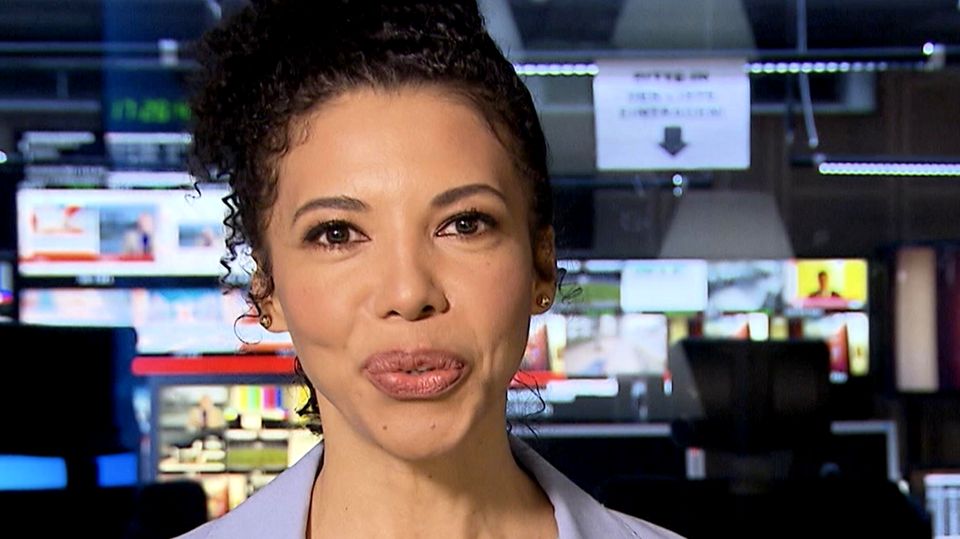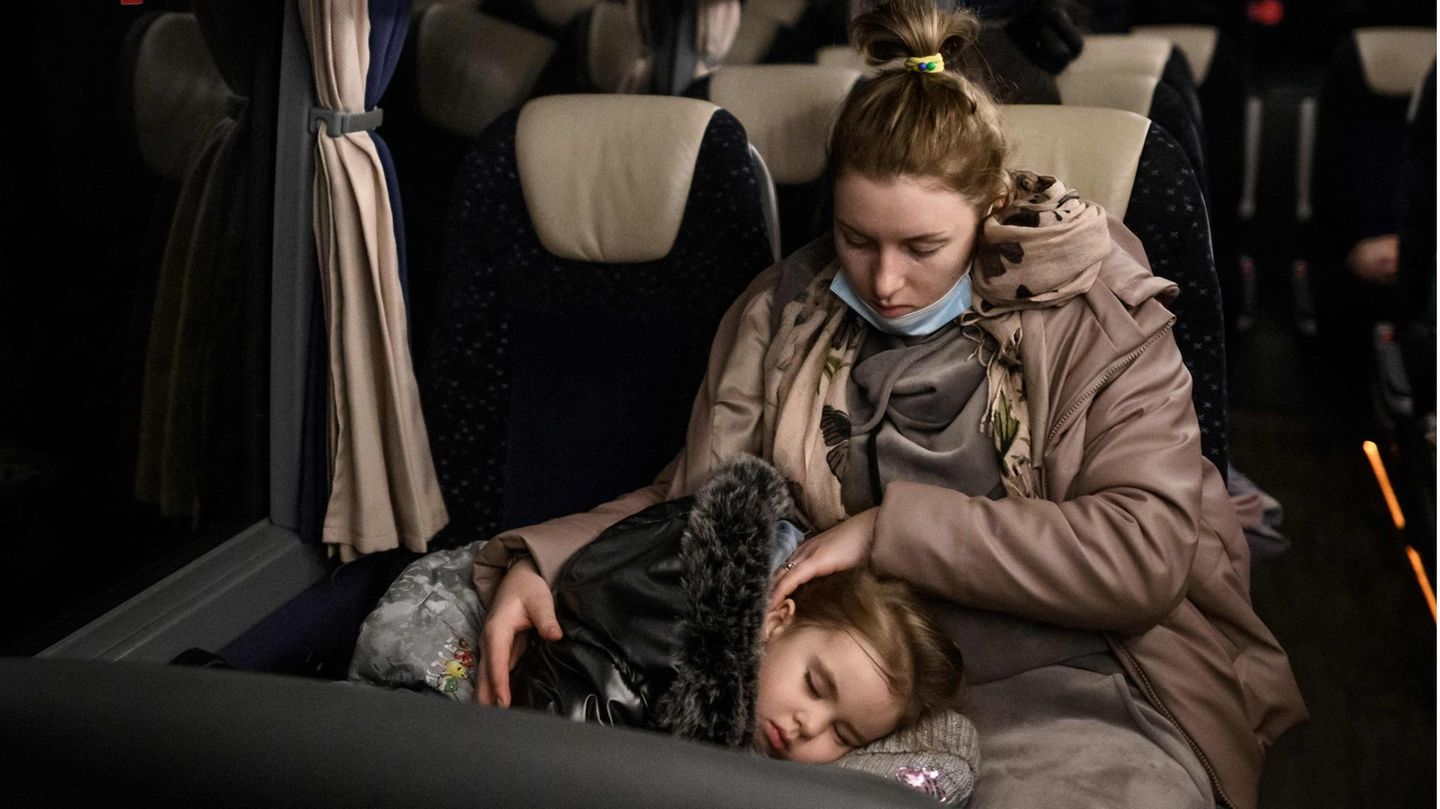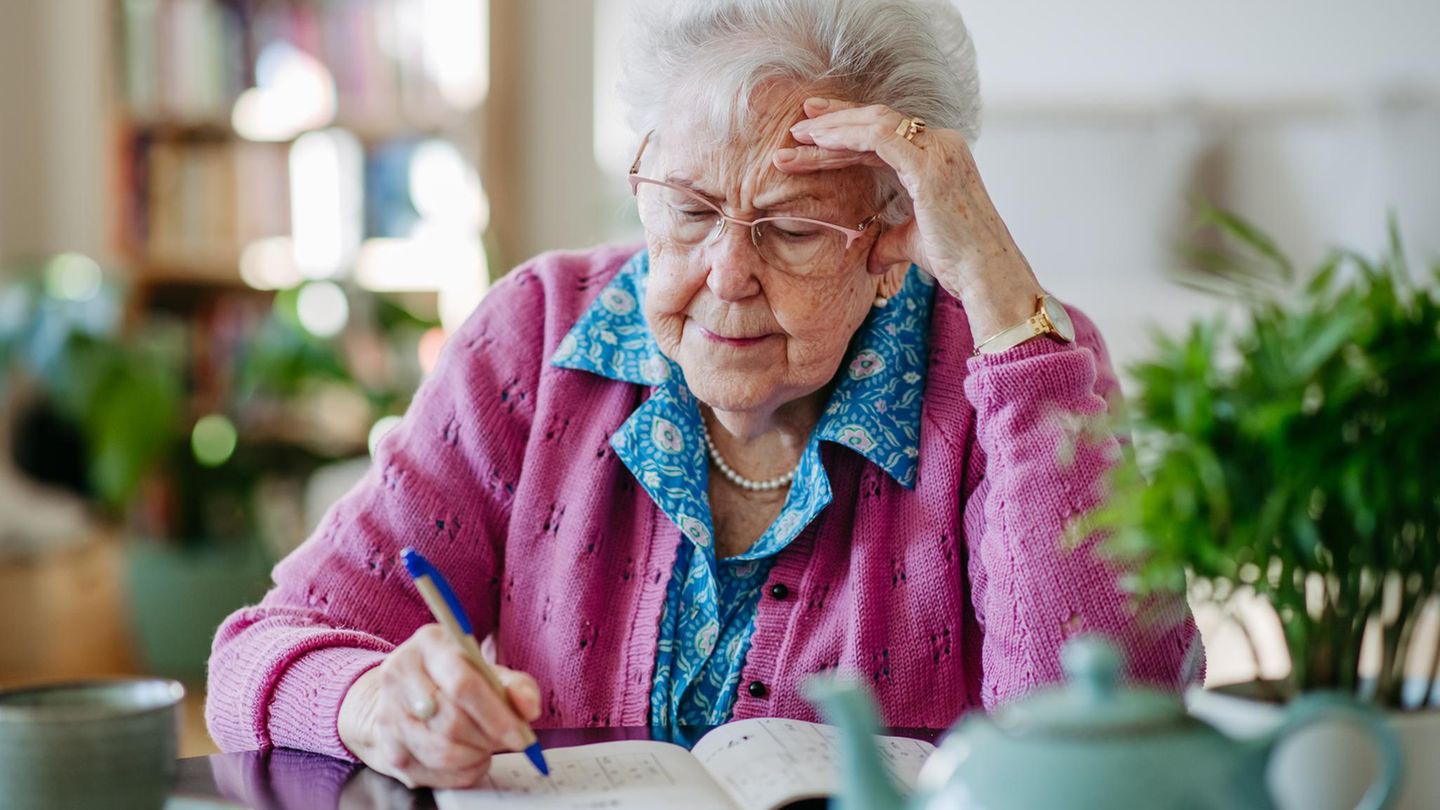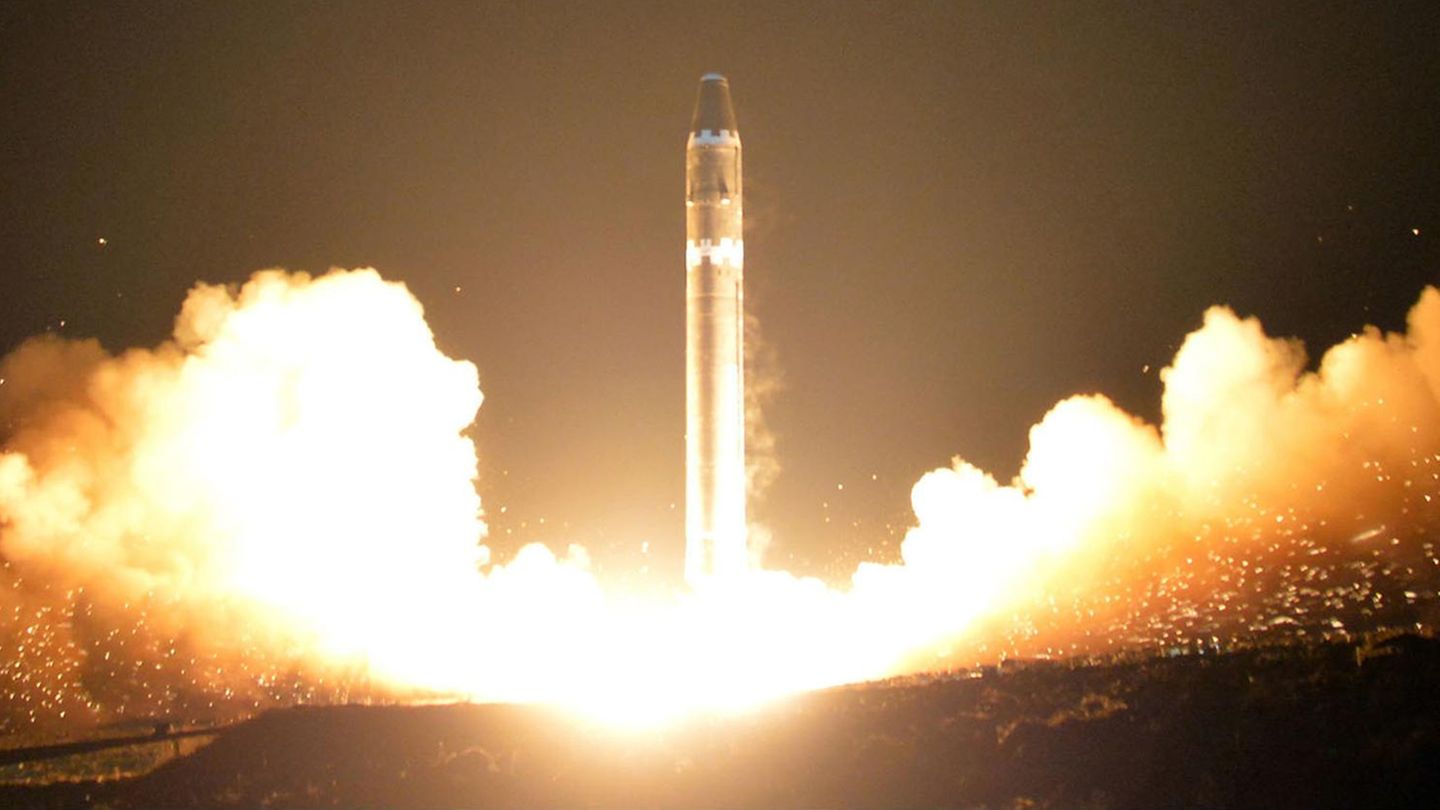War has been raging in Ukraine for a month. Russia’s attack not only destroys Ukraine, but also some certainties of Germany and the West as a whole. Some insights after four weeks of war in Ukraine.
On February 24, what many feared happened, but probably few really expected it: Russia invaded Ukraine. Three days earlier, after weeks of Russian troops deploying at the border and reassurances from Moscow, President Vladimir Putin recognized the self-proclaimed People’s Republics of Luhansk and Donetsk in eastern Ukraine as independent states and announced that soldiers would be sent there. The separatists in Luhansk and Donetsk provide the final pretext: They are asking Russia for military aid.
In the days before the Russian invasion, the EU imposed sanctions on Russia and Ukrainian President Volodymyr Zelenskyy announced partial mobilization and a state of emergency for 30 days. On the day of the invasion, NATO activated defense plans for Eastern Europe, but ruled out military support for Ukraine. The fear in the West: The war in Ukraine could escalate into a war between Russia and China on the one hand and Ukraine and NATO countries on the other. And a Third World War must be prevented – also in view of nuclear weapons on both sides.
Wladimir Putin
In Russia, the pro-Kremlin state media have been spreading Putin’s narrative for years: Ukraine is committing genocide against the country’s Russian minority and must be denazified. The fact that the latter accusation in particular is absurd in view of a Jewish president seems to bother very few in Russia. Nevertheless, there are also protests there against the “special operation” of the Russian army – although Putin and the Duma are trying to keep the information and interpretation sovereignty over the war, which nobody in Russia is allowed to call war, with ever stricter laws, and harshly accept any criticism punish.
Vladimir Putin has finally dropped his mask. He is an uninhibited dictator who doesn’t even want to appear to abide by any rules.
The longer the war lasts, the more brutally the Russian army attacks residential areas, shelling hospitals, kindergartens and buildings where civilians seek shelter. Villages and cities are bombed. Again and again, Putin threatens the West more or less clearly with the use of nuclear weapons as a means of last resort if the West actively intervenes militarily. More than a military purpose, the use of Russian hypersonic missiles serves psychological intimidation.
location in Ukraine
Mariupol, for example, is being besieged and fired upon, although according to the authorities more than 200,000 people are still trapped there – without water, food and medicine. There alone, UN estimates already assume 3,000 fatalities and 20,000 injured civilians. The United Nations High Commissioner for Human Rights has documented the deaths of 977 civilians since the February 24 invasion of Ukraine. However, the High Commissioner only reports death and injury figures that it has independently checked itself – the actual number is likely to be significantly higher.
However, Putin made several misjudgments. For one thing, he seems to have underestimated Ukraine’s resistance and overestimated the combat effectiveness of his army. After a rapid advance until just before Kyiv, the Russian army is not only fighting against 200,000 soldiers of the regular Ukrainian army and maybe 200,000 volunteers, but apparently also with a lack of fuel and supply problems. In any case, Putin’s plan to conquer Ukraine within a few days didn’t work out. Instead, a stalemate has ensued, with no one able to say exactly whose time is ticking. Will Ukrainian resistance outlast Russian army supplies?
Putin’s second misjudgment concerns the determination of the West. While he accepted the Russian annexation of Crimea with comparatively mild sanctions and the Minsk peace negotiations, the EU, the USA and numerous other western countries are reacting with tough, economic sanctions. Many in the West are also surprised by the West’s unity in the face of Russian aggression.
sanctions
The EU blocks three Russian banks from making payments and freezes their assets. Seven Russian banks are left out of the banking communications network Swift. A ban applies to transactions with certain state-owned companies of Russia. The US imposes a ban on oil imports from Russia. Germany is putting the planned Baltic Sea gas pipeline Nord Stream 2 on hold.
The EU blocks the airspace for all Russian aircraft and issues an export ban on goods, technologies and services for the aerospace industry. It also prohibits the sale, supply, transfer or export of certain goods and technology used in oil processing. It also freezes the assets of 862 people (as of March 23) and restricts their freedom to travel. Among them are Russian oligarchs and members of the Russian government. The world’s largest credit card providers – Visa, Mastercard and American Express – are suspending their work in Russia.
Volodymyr Zelenskyy
Volodymyr Zelenskyj was ridiculed by many as a former comedian who came to Ukraine’s highest state office by chance. Since the Russian attack, that’s over – not only in Moscow. Because the Ukrainian President has not fled Kyiv, but is encouraging his people with daily video messages. He played a large part in the fact that the Ukrainian army and population are so stubbornly resisting the Russians, who are actually militarily superior.
Zelenskyj has developed into an icon of freedom worldwide. The 44-year-old knows how to use this symbolism for his country. His people not only defend their own country, but also “the values that are talked about so much in Europe”. He never tires of demanding that NATO set up a no-fly zone over Ukraine and of addressing governments and parliamentarians directly with video speeches in parliaments.
Germany
Since the beginning of the war there have been three events that will go down in the history of the Federal Republic: On February 26, the federal government agreed to deliver weapons from Bundeswehr stocks to the Ukraine. A day later, Chancellor Olaf Scholz (SPD) announced that the 2022 federal budget would include a special fund of 100 billion euros for investments and armament projects by the Bundeswehr. At the same time, he promised that “from now on, year after year, Germany will invest more than two percent of its gross domestic product in our defense.” The word “turning point” is mentioned again and again in the Federal Chancellor’s speech.
However, less than three weeks later, he himself doubts how serious Scholz is about this turning point. Because after Zelenskyj’s video message in the Bundestag, his traffic light coalition prevented the debate requested by the Union about Zelenskyj’s demands for more help. Almost a week later, after massive criticism, the chancellor admits that the transition to the Bundestag agenda was a mistake. This was “not right”, Scholz told the weekly newspaper “Die Zeit”. Germany is looking for a new role in the changing world order and is still struggling with it.
Economically, the war made it clear to many Germans that Germany’s dependence on fossil fuels is too great – in general and from Russia in particular. More speed in the expansion of wind and solar power – but also more gas imports from other parts of the world and coal-fired power plants as a backup: that is the plan of the current federal government. The federal government counteracts this when prices are high at gas stations and for energy.
Federal Minister of Economics Robert Habeck (Greens), accompanied by a business delegation in Qatar on Sunday, tried to initiate business for German companies to supply Germany with liquefied natural gas (LNG) in order to reduce dependence on Russian gas. It’s not so much about “changing the country of origin”, but above all about a broader positioning. “We must never again become dependent on one supplier alone,” said Habeck.
refugees
The number of those who fled Ukraine is much higher than the number of war dead. According to the UN refugee agency, around 3.6 million people have left Ukraine since the war began. No other country has so far taken in as many Ukraine refugees as neighboring Poland, where more than 2.17 million refugees have arrived, according to border guards.

As the Federal Ministry of the Interior announced on Wednesday, the Federal Police have registered the arrival of 238,932 war refugees in Germany since the start of the Russian attack on Ukraine. The willingness to help from volunteers is again as high as in 2015 – if not even higher. Is it because this time mainly women and children are coming to Germany? Or because then they are Christian Europeans?
Conclusion
After four weeks of war, it is clear that no price for conquering Ukraine is too high for Putin. The West is trying to defend its values and Ukraine as best it can without provoking a world war. Germany seeks a more active role in the world. The certain feeling that a war in Europe is no longer possible has been destroyed. What remains is the hope that the suffering and death of the people in Ukraine will soon come to an end.
Other sources:DPA, AFP.
Source: Stern
David William is a talented author who has made a name for himself in the world of writing. He is a professional author who writes on a wide range of topics, from general interest to opinion news. David is currently working as a writer at 24 hours worlds where he brings his unique perspective and in-depth research to his articles, making them both informative and engaging.




